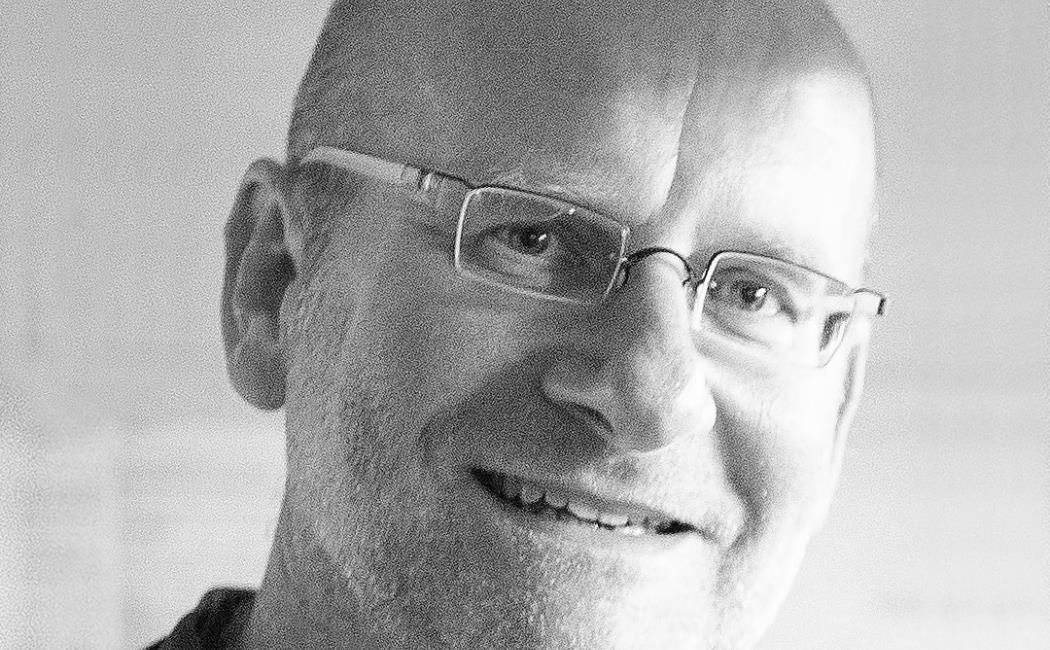


.png?sfvrsn=33b85334_1)
Abstract: Clonal reproductive systems abound among marine species, including important ecosystem engineers such as corals and seagrasses. According to conventional wisdom, under a clonal mode of reproduction, (adaptive) evolutionary change is impossible owing to identical replication of modules (shoots /colonies) via mitosis during clonal expansion. Using full-genome data from the model seagrass Zostera marina (eelgrass), I show that clones evolve, accumulating genetic differences (SNPs) among modules over time. Using clone mates of known divergence date, a calibration of the somatic genetic clock was possible, allowing, for the first time, absolute dating of clone ages. At the same time, findings of within-clone evolution may explain a long-standing ecological riddle, namely why apparently large and old clones are productive and resilient through time although they feature zero genetic diversity, an observation inconsistent with the notion of genetic diversity determining population viability. An ongoing and difficult next step is the detection of asexual selective sweeps among clonal lineages, for which methods from cancer evolutionary genetics are adapted to free-living clones. Findings of within-clone genetic diversity have implications for defining individuality in modular species, and may require that some conservation genetic rules need modification under clonality.
Speaker: Prof. Thorsten Reusch
Speaker bio: Thorsten Reusch is a professor of Marine Ecology at Kiel University, heading the Marine Ecology Division at GEOMAR Kiel since 2012. After completing his doctoral thesis in 1994 at Kiel University, he spent time abroad as postdoctoral researcher in San Diego and Groningen, before becoming a group leader at the Max-Planck-Institute Plön in 1999. After being appointed as professor for Plant Evolutionary Ecology at University Münster (Germany) he is now back in Kiel since 2008. His main research interests are the adaptation of marine life to natural and human perturbations, and active habitat restoration of coastal benthic communities. These questions are addressed within an eco-evolutionary framework, and increasingly in combination with marine genomics. Chosen model species are both ecologically important and amenable to experimentation, and include seagrasses, fishes, bivalves, comb jellies and phytoplankton.